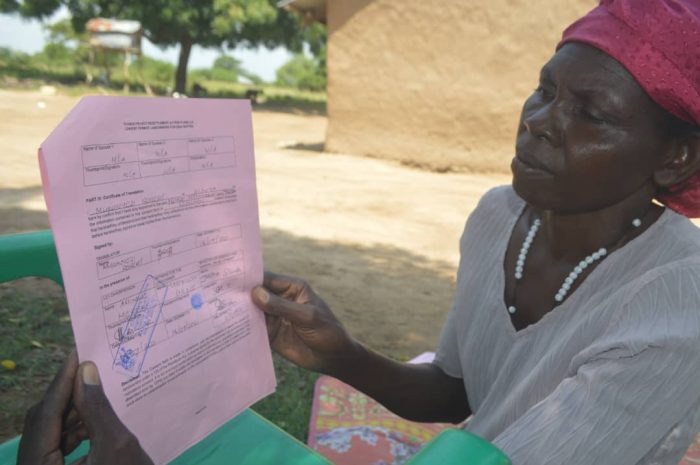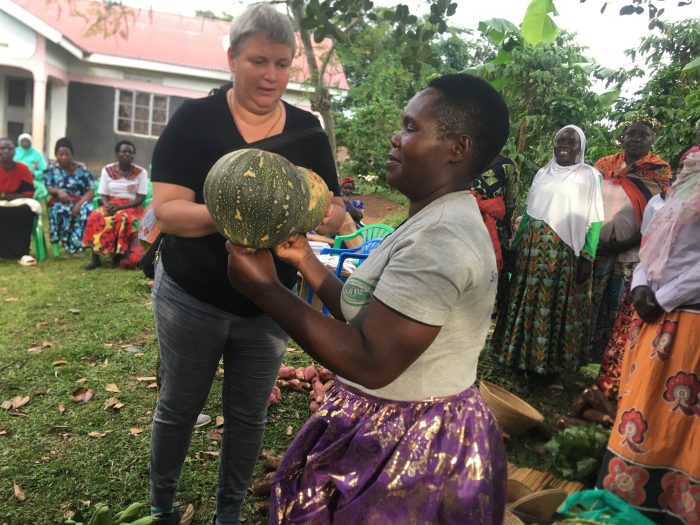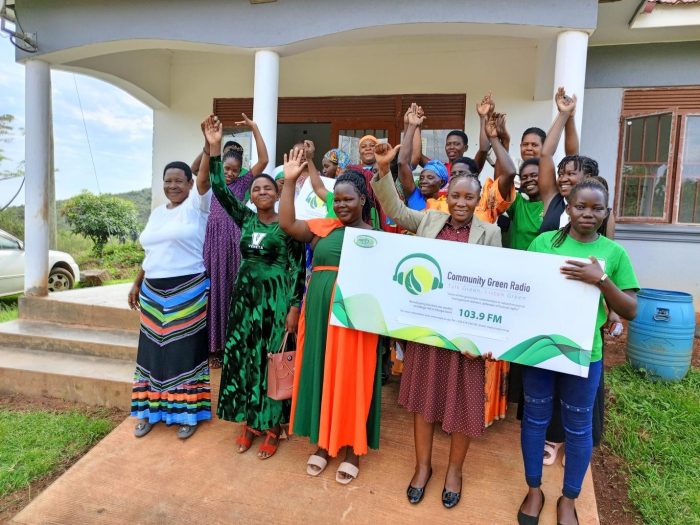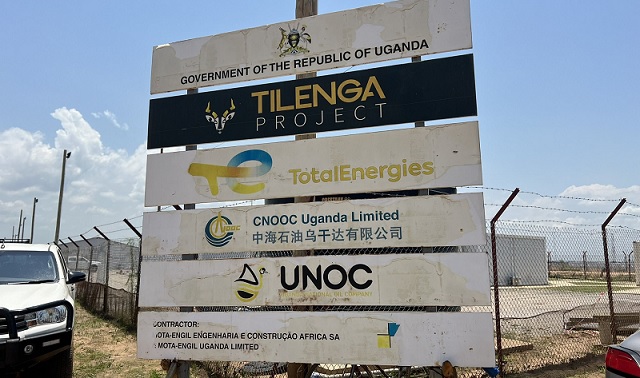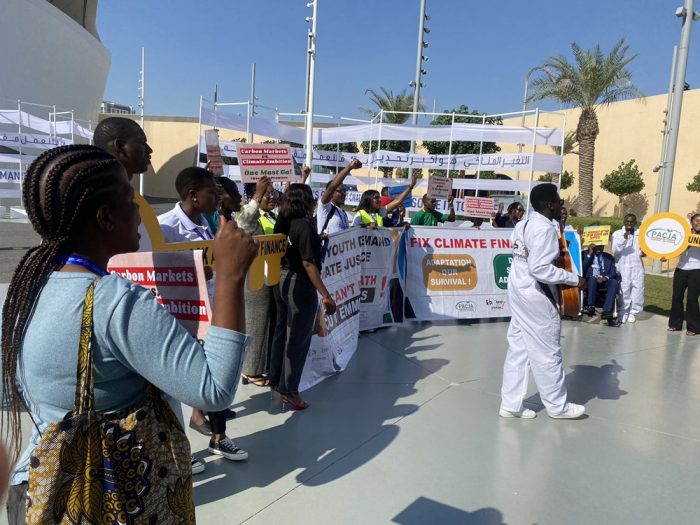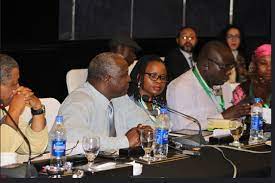
By Kamese Geoffrey
The National Association of Professional Environmentalists (NAPE) participated in this year Sixth special session of the African Ministerial Conference on the Environment (AMCEN). The Sixth special session, of the African Ministerial Conference on Environment (AMCEN) was held in Cairo, Egypt, 16 – 19 April 2016 under the theme; “Agenda 2030 and Paris Agreement: From policy to implementation in Africa”. This Conference happened just before the ceremonial signing of the Paris Agreement in New York that took place on 22nd April 2016 and ahead of COP22 this December in Marrakech, Morocco.
AMCEN discussed three key issues that are very important to the people of Africa in relation to the environment, energy and other development issues of the African people. The meeting among other things discussed;
- The African 2030 Agenda on StrategicSustainable Development
- Climate change; more specifically looking at the Paris Agreement with a focus on the gains, weaknesses, gaps and the way forward. The meeting also looked at the African Renewable Energy Initiative (AREI) and the African Adaptation Initiative both of which were officially launched at COP21 in Paris France
- Looking at how much Africa is losing in terms of illegal trade
- Consider regional flagship programmes
- Look at issues of structural setup of the African Union (AU) and the proposal to dissolve the AMCEN.
Also important to note, is the observations that was made that indicates that the plundering of African resources has been going on over a long period of time. This plunder is facilitated by the export from the continent of unprocessed resources.
The PACJA led CSO Meeting:
As part of the CSO engagement of the African Ministerial Conference on Environment (AMCEN), there was a session organized by PACJA in collaboration with UNEP. This meeting was officially opened by a representative of Hon. Dr. Khaled Fahmy the AMCEN Chair/ Minister of environment, Egypt.
It was noted in Cairo that that the 3rd United Nations Environment Assembly (UNEA 3) was going to convene in May 2016 to discuss about climate change, health and environment. The special focus at UNEA 3 was to be on environmental health factors. UNEA is the main governing body of UNEP and plays the following functions:
- Setting the global environmental agenda;
- Providing overarching policy guidance and defining policy responses to address emerging environmental challenges;
- Undertaking policy review, dialogue and exchange of experiences;
- Setting the strategic guidance on the future direction of UNEP;
- Organizing a multi-stakeholder dialogue;
- Fostering partnerships for achieving environmental goals and resources mobilization.
Some of the Key highlights/outcomes from the meeting;
- There was a key question regarding the contribution of natural capital to development where from the perspective the presenters (UNEP), exploitation of natural resources is vital to contributing to financing sustainable development. However, this in a way is a very serious issue in relation to the depletion of vital ecosystems and below the ground resources.
- Despite acknowledging some of the key shortcomings of the Paris agreement, there was over whelming Consensus/agreement that it was a step forward on tackling the challenge of climate change.
- In a CSO side meeting held on the 16th April 2016 there was concern that the Africa Renewable Energy Initiative (AREI) in its current design was likely to promote the business as usual energy paradigm which was unacceptable. During this meeting participants developed a position paper on the AREI which, was presented to the AMCEN. The key issues in the position paper included the demand that;
- A clear guide on the participation and the involvement of NGOs in the AREI initiative be put in place,
- Under the AREI, Governments had to ensure that renewable energy options are promoted
- AREI draws deliberate strategies to ensure that the energy generated under initiative actually reaches the communities
- The AREI initiative fosters people-centered energy by supporting a range of ownership options aimed at genuinely serving the rural (poor) communities – ownership by households, community associations, cooperatives, public institutions as well as local small and medium sized companies must all be made possible and promoted.
- That the AREI goes beyond the traditional energy options and therefore, it should not consider supporting or facilitating the establishment of large dams or nuclear power plants
- That financial support under AREI must be truly new and additional; AREI should ensure transparent and clear procedures for scrutinizing international support and ensure there is no double counting.
- AREI should not only promote renewable energy, but it should also enable African countries to avoid investments and locking in of dirty fossil fuels.
A committee of 10 people selected by region (North Africa, East Africa, West Africa, Central Africa and Southern Africa) was put in place to continue with the work of influencing the AREI processes and to mobilize other stakeholders on the continent.

